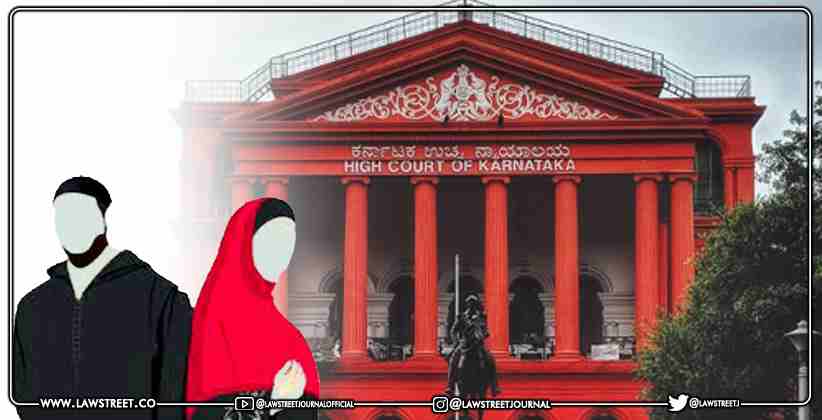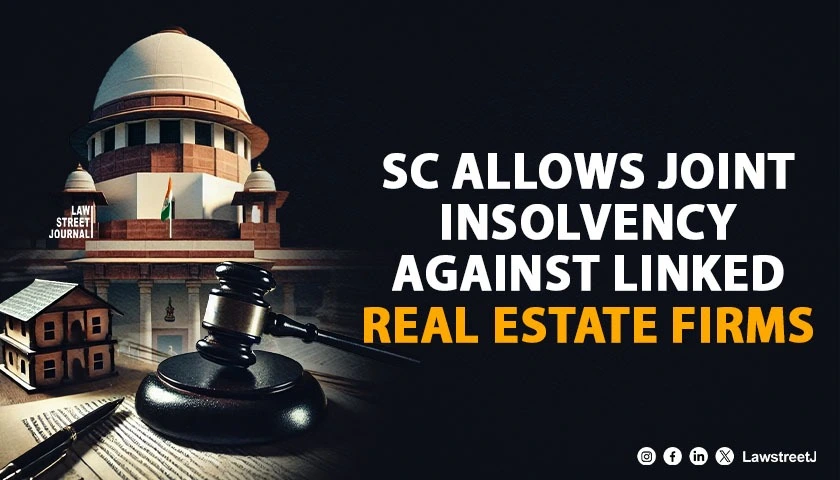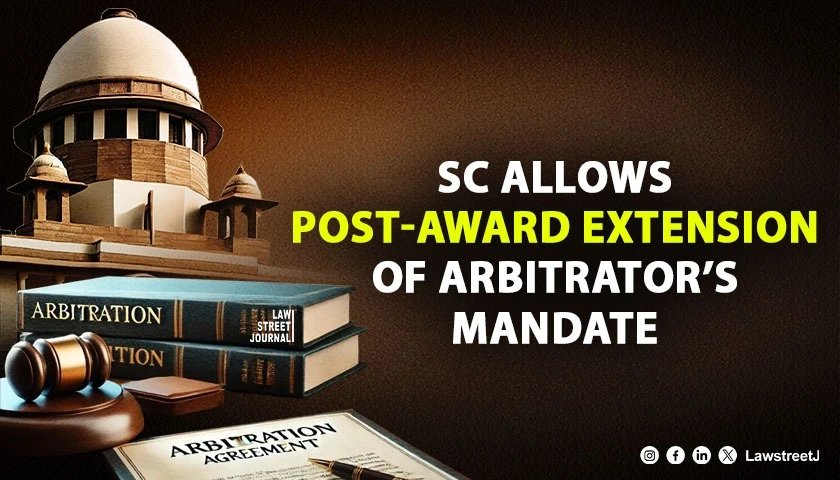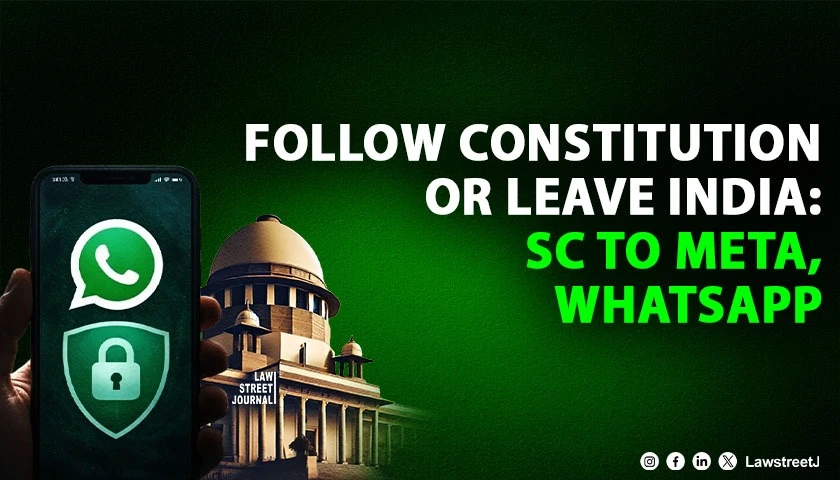Case Title: EZAZUR REHMAN V. SMT. SAIRA BANU
The Karnataka High Court held that a muslim man is duty-bound to make provision for his ex-wife's maintenance beyond iddat period, despite paying Mehr, if she remains un-remarried and is incapable of maintaining herself.
The High Court was called upon to address the following three issues of law:
- Whether a Muslim is duty-bound to make provision for his ex-wife beyond iddat despite paying paltry Mehr if she remains un-remarried and is incapable of maintaining herself?
- Whether a decree for maintenance like any other money decree can be resisted on the ground of lack of financial capacity of the judgment debtor?
- Whether a Muslim contracting another marriage and begetting children from it can resist the execution of the maintenance decree obtained by his ex-wife, on that ground per se?
Reasoning and Decision of the Court
Answering the 1st question in positive, the High Court held that,
Ordinarily, the right of an ex-wife to maintenance does not extend beyond iddat; I should hasten to add that Islamic jurisprudence has not treated this as a Thumb Rule ever, although there is some juristic opinion invariance; this norm has to be subject to the rider that the amount paid to the ex-wife, be it in the form of mehr or be it a sum quantified based on mehr, or otherwise, is not an inadequate or illusory sum; it is a matter of common knowledge that more often than not, mehr is fixed inadequately, bride-side lacking equal bargaining power inter alia because of economic & gender-related factors; this is not to say that the inadequacy of mehr would affect the validity of nikah, that being altogether a different matter.
The payment of frugal mehr money per se cannot be a defence availing to an able-bodied man for denying the claim or defying the decree, for maintenance; if an illusory compensation for the public acquisition of private property is 'no compensation, the reason & justice tell us that an illusory mehr cannot be the basis for the quantification of the amount of maintenance nor for limiting its duration to iddat; the analogy of "illusory compensation" is logically invocable since the payment of the amount by the husband as mehr on talaq, by its very nature has compensatory elements; 'de minimis non-curat lex': the law does not take cognizance of the insignificant; after all, an illusion is a myth of reality; illusory things cannot constitute the "building blocks of jural relations", more particularly the immunity from duty arising from law, religion & morals.
The reason & justice tell us that an illusory mehr cannot be the basis for the quantification of the amount of maintenance nor for limiting its duration to iddat; the analogy of "illusory compensation" is logically invocable since the payment of the amount by the husband as mehr on talaq, by its very nature has compensatory elements; 'de minimis non curat lex' the law does not take cognizance of the insignificant, after all, an illusion is a myth of reality; illusory things cannot constitute the "building blocks of jural relations", more particularly the immunity from duty arising from law, religion & morals.
The court also noted that divorce brings a trainload of difficulties to the women; divorced women in general and divorced Muslim women, in particular, undergo a lot of hardship; the tears they shed are hidden in their veils. In our realm, several human rights have been progressively realized over the years through the process of socio-economic development accelerated by legislative and judicial process; in the light of Article 38 of the Constitution, the judicial, quasi-judicial, and administrative functions of the State aimed at furthering social welfare has to be consistent with the concerns which this new doctrine voices; a survey of law relating to rights of women in general and of divorced women in particular in all civilized jurisdictions, is marked by a progressive trend protective of the vulnerable; in the backdrop of all this, if the above question (i) is answered in the negative, it would only take the "maintenance jurisprudence" in retrogression imperilling the interest of divorced Muslim women; a negative answer to the question virtually amounts to setting the clock back at least by a few centuries turning Nelson's Eye to all the progress that the civilized world has made, hitherto.
As far as the 2ns and 3rd issues are concerned, the High Court observed that,
A Muslim hurriedly contracting another marriage after pronouncing talaq upon his first wife, cannot be heard to say that he has to maintain the new spouse and the child begotten from her as a ground for not discharging the maintenance decree; he ought to have known his responsibility towards the ex-wife who does not have anything to fall back upon; the said responsibility arose from his own act of talaq and prior to espousing another woman; the responsibility & duty owed by a person to his ex-wife are not destroyed by his contracting another marriage; an argument to the contrary would amount to placing a premium on the irresponsibility of a husband who divorces the existing wife and soon espouses another; countenancing the contention of the kind virtually amounts to permitting a person to take the advantage of his own wrong; added this contention is repugnant to law, morality & ethics; if such a contention is countenanced, that would only encourage talaq which the law shuns.
The Court thereafter dismissed the Writ Petition.








